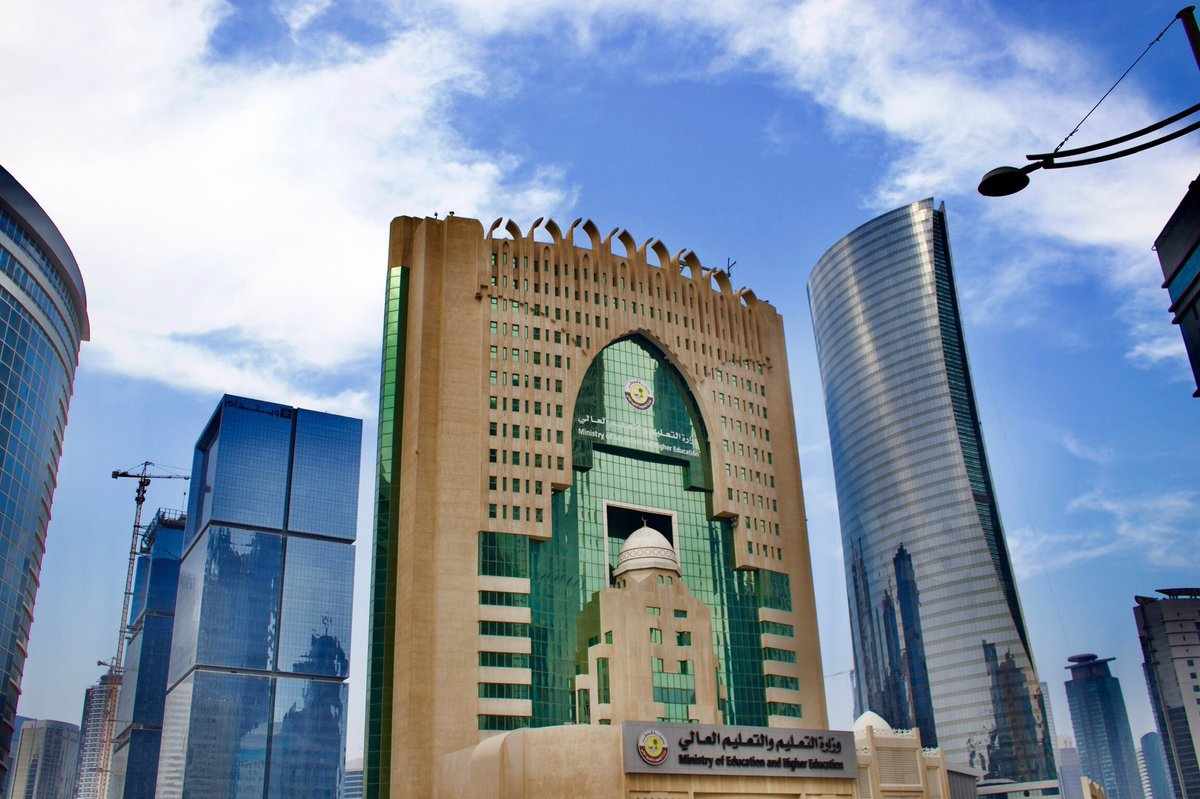Mideast Stocks: Most Gulf markets close lower on oil, recession fears
- Date: 01-Sep-2022
- Source: Zawya
- Sector:Financial Markets
- Country:Qatar
Mideast Stocks: Most Gulf markets close lower on oil, recession fears
Most stock markets in the Gulf ended lower on Thursday, with the Qatari index extending losses for a fourth session, on worries about global economic growth and weakening oil prices.
Saudi Arabia's benchmark index retreated 1.2%, a day after posting its biggest intraday fall in two months, with Al Rajhi Bank losing 1.4% and oil giant Saudi Aramco retreating 1.1%.
This month, both the U.S. Federal Reserve and the European Central Bank are expected to raise borrowing costs aggressively. Data overnight showed euro zone inflation had risen to another record high last month, solidifying the case for a 75 basis point (bps) rate hike from the ECB next week.
Most Gulf Cooperation Council countries, including the kingdom, have their currencies pegged to the dollar and generally follow the Fed's policy moves, exposing the region to a direct impact from U.S. monetary tightening.
The Qatari index dropped 1.8%, as almost all the stocks on the index were in negative territory including Qatar Islamic Bank, which was down 2.8%. Oil prices, a key factor for the Gulf's financial markets, tumbled, as new COVID-19 lockdown measures in China added to worries that high inflation and interest rate hikes are denting fuel demand. Brent crude futures fell $2.10,





















